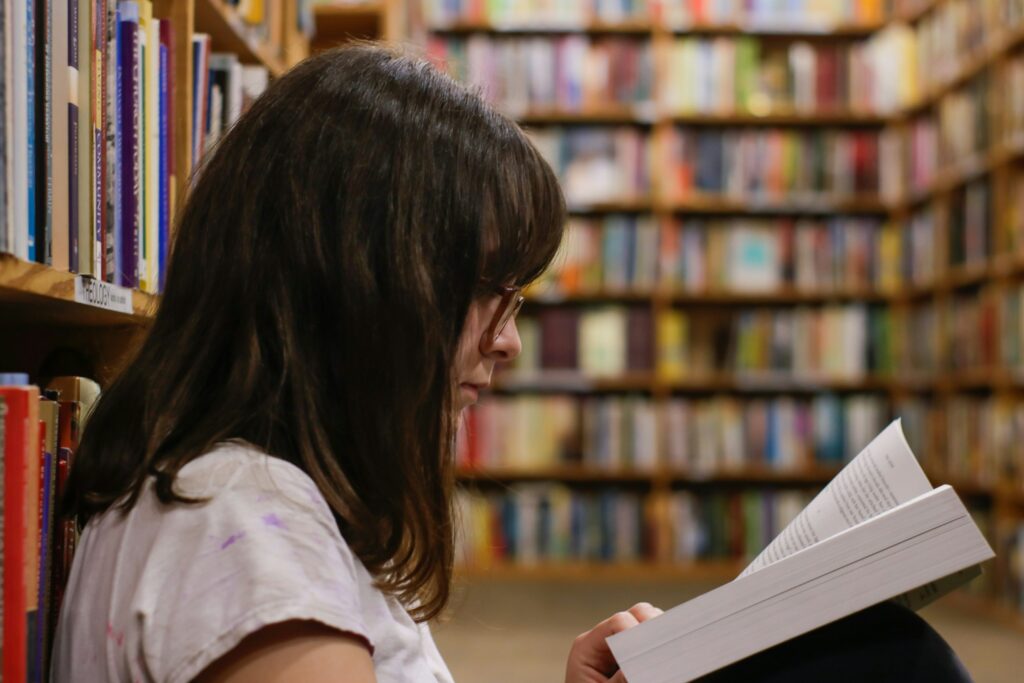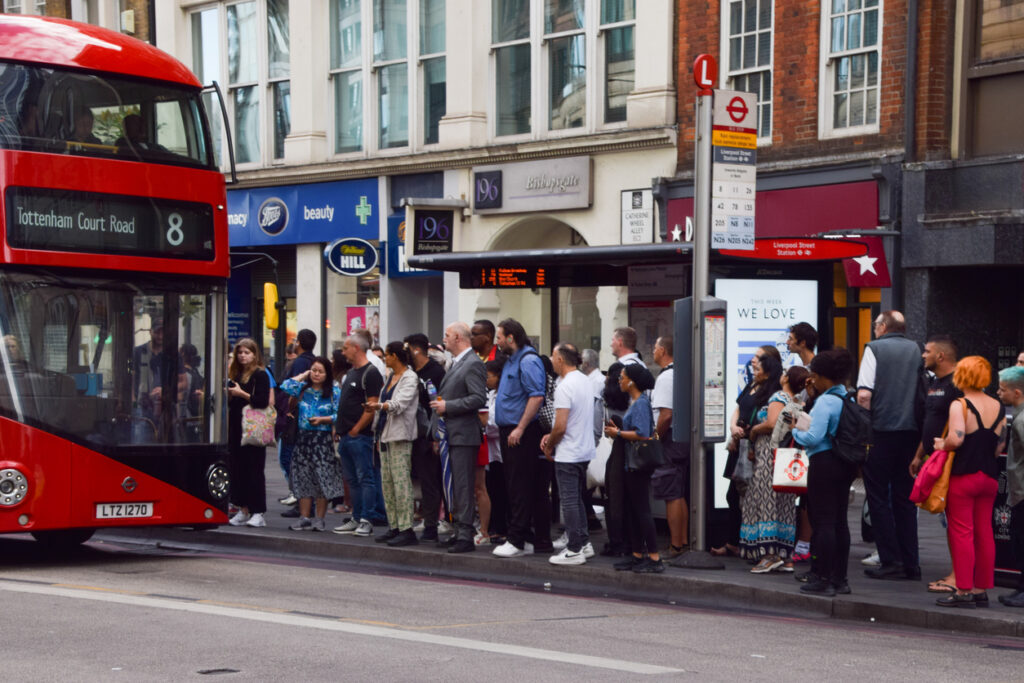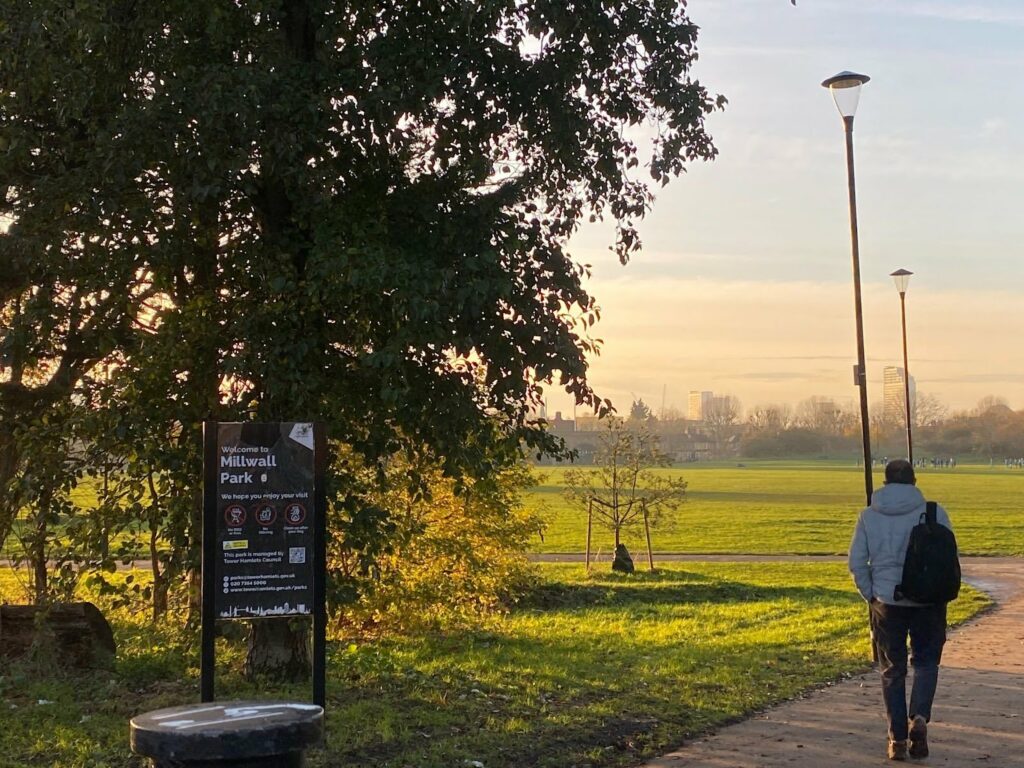How libraries help the tackling loneliness agenda

Libraries are at the heart of our communities. We heard from Carol Stump of Kirklees Council and Libraries Connected about how libraries bring people together and support everyone to become the best they can be.

Libraries play a vital role in tackling loneliness
In England, the landscape of public libraries encompasses approximately 2,800 branches. These libraries often stand as the only neutral, free-to-access community space in the local area. This means they have a role at the heart of communities with a high level of trust, acting as an important platform for wider civic society by hosting others to run activities from their building.
Libraries were among the last sectors to be closed by Government on 23 March 23 2020. The period running up to this was quite stressful, as the level of risk increased, and it became more difficult to keep staff, volunteers, and users safe. I was present in one of my libraries on Saturday, the last day of opening, and we were extremely busy with customers using the IT facilitates and taking out up to 30 books each!
However, libraries quickly adapted. Amazing things happened, including welfare calls to our older users and the spontaneous development of the “libraries from home” initiative – our fantastic digital offer to the public.
There were some great examples of public libraries tackling loneliness during lockdown. In Kirklees Libraries, staff made a total of 10,000 initial welfare calls. 43 library users were referred to another agency in order to access additional support and over 300 requested weekly call-backs.
Although libraries were forced to adapt and successfully moved services online during the pandemic, the physical library space is vital for effectively meeting the needs of the most disadvantaged and isolated in our communities.
How libraries are getting involved in social prescribing
The offer by libraries can be a solution to a problem or issue. For example, if someone feels disconnected or lonely then the answer could be the volunteering or group activities which happen in our library spaces. Social prescribing is a sustainable model for libraries because it places us within a broader landscape of community support. Within councils it also compliments the work of communities and helps community cohesion. This model relies on strong awareness of the library offer but where it works well, it is incredibly effective.
In Kirklees, libraries are part of the Kirklees Loneliness Partnership Strategy group. This strategy sets out a vision that Kirklees is a place where people and communities are more connected and support each other to develop meaningful relationships and reduce loneliness. Community listening and engagement is a priority area for the network, along with the development of personalised and tailored approaches to addressing loneliness. The Library Service is a key member of this network group.
As libraries reopen their doors, they continue to serve as vital community hubs, offering a range of services that extend well beyond the traditional borrowing of books. Today, libraries are dynamic spaces where community members access digital resources, participate in educational workshops, engage in cultural events, and find a welcoming environment for personal growth and connection. They are instrumental in supporting digital literacy, providing internet access and a means of digital connection to those who may not have these resources at home.





Thanks for sharing Adele. I heard something interesting at an internal event we were hosting a few weeks ago around libraries. Some of our grant holders were reporting that during the pandemic, those who were digitally excluded as a result of having limited finances were spending time outside of libraries (even when the building was shut) as they could connect to free Wi-Fi if they stood close enough to the building.
We had the exact same anecdotal feedback in Sheffield while I was still working at the Council. One of the things the local authority was looking into was the feasibility of extending free wifi to social housing schemes (we currently have it in the city center) but that’s still not enough.